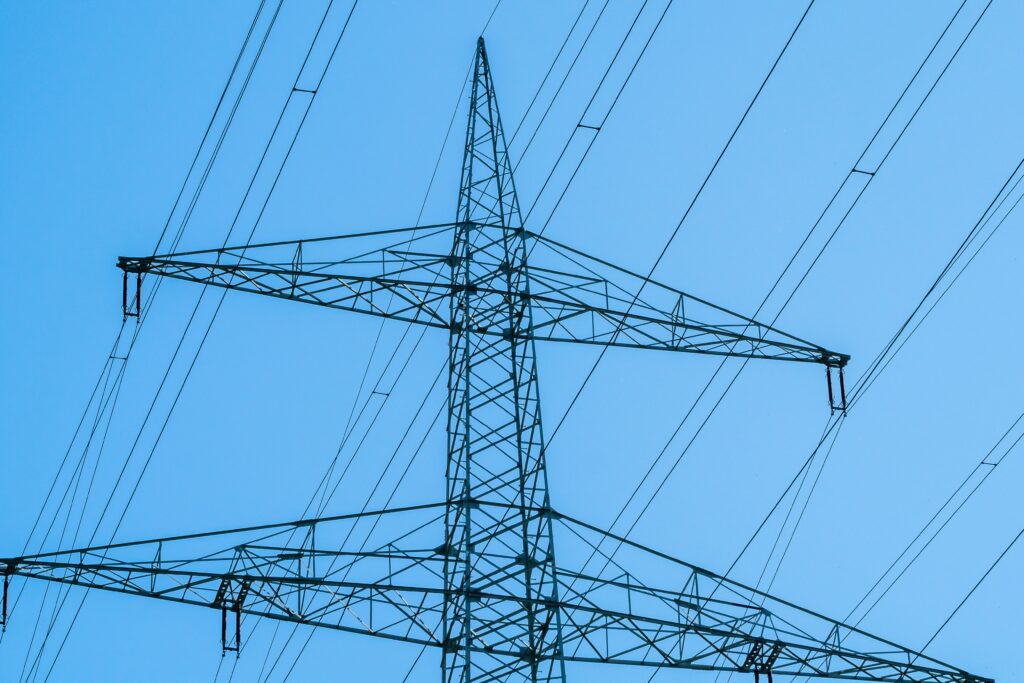Europe’s power trade association, Eurelectric, is calling on the European Commission to modernize its energy security strategy, which is currently outdated. The existing strategy, created back in 2014, is no longer suitable for the challenges Europe faces today. The recent energy crisis, triggered by Russia’s invasion of Ukraine and heightened by sabotage attacks on undersea power cables, has exposed significant vulnerabilities in the continent’s energy infrastructure.
Eurelectric President Leonhard Birnbaum, speaking at the Munich Security Conference, emphasized that energy security must become a priority. The ongoing geopolitical tensions have revealed the urgent need for stronger protections across the energy sector. Birnbaum remarked, “With the threats faced by our sector, security of supply must become an urgent priority.”
A New Study Calls for Action
At the Munich Security Conference, Birnbaum introduced a new study that highlights the future role of electricity as the dominant energy carrier. According to the report, electricity will play a key role in transitioning Europe away from fossil fuels. However, this transition also brings new challenges, including threats to grid resilience and energy security. The study calls for stronger protections against cyberattacks and sabotage, two growing risks that can disrupt Europe’s power infrastructure.
Birnbaum specifically warned that cyberattacks now pose a greater risk than physical attacks on energy infrastructure. “I believe cyberthreats pose a greater danger than physical attacks,” he said, urging European policymakers to take immediate action to strengthen protections against cyberattacks. He stressed that the increasing reliance on digital networks for energy distribution only makes the sector more vulnerable to such threats.
The new report calls for increased flexibility in Europe’s power grids, with more robust resilience to prevent disruptions. It also urges investments in technologies that can detect and defend against hybrid threats, such as cyberattacks, which target both physical and digital infrastructure.
The EU’s Slow Response and Industry’s Urgency
Despite these growing concerns, the EU has been slow to update its security strategy. While the EU Commission has set a goal to eliminate Russian fossil fuel imports by 2027, the continent is still without a concrete energy security plan for the future. The Commission’s plans for 2025 have not yet included updated security measures, despite the evolving risks.
Industry leaders have called on European lawmakers to speed up efforts to modernize the energy sector, emphasizing the urgent need for business-driven solutions. Birnbaum expressed frustration over the lack of urgency in addressing the growing threats, warning that delays in responding to these challenges could jeopardize Europe’s energy security and business stability.
One key concern is the protection of critical raw materials supply chains. These materials are vital to the development of renewable energy infrastructure and technologies. The EU’s Critical Raw Materials Act, passed in 2023, has begun addressing this issue, but more must be done to ensure supply chains are protected from geopolitical risks.
WindEnergy Delays and Regulatory Challenges
Another area where Europe is lagging is in the development of wind energy. WindEurope CEO Giles Dickson has spoken out about the slow approval process for wind farm projects, particularly in countries like Spain and France. Despite Germany’s success in accelerating wind farm permits, many other EU nations are still struggling with bureaucratic delays that slow the transition to greener energy sources.
Birnbaum criticized the slow progress of wind energy development and dismissed the notion that returning to coal would solve Europe’s energy problems. “There is no place for coal in Europe’s future,” he argued. “The realities of economics and innovation make coal unsustainable.” Instead, he called for greater investment in renewable energy technologies, including wind and solar power.
The delay in building new renewable energy sources like wind farms is worrying, especially considering Europe’s goal of achieving carbon neutrality by 2050. Without rapid progress in renewable energy, Europe will be more vulnerable to energy shortages and price volatility in the coming years.
A Call for Innovation and Action
To address these challenges, Eurelectric is calling for a stronger, more coordinated approach to energy security. The association is urging EU leaders to invest in both physical and digital infrastructure, with a focus on resilience and protection against evolving threats. Cybersecurity, in particular, must be a priority, as the increasing digitization of energy systems creates new opportunities for cybercriminals to disrupt critical infrastructure.
Birnbaum has emphasized that energy security cannot be achieved by relying on outdated strategies. The EU must move quickly to modernize its energy security policies and build a future-proof energy system. A comprehensive strategy that includes investments in renewable energy, grid resilience, and cybersecurity is crucial to ensure that Europe remains secure in the face of growing geopolitical risks.
In conclusion, Europe’s energy security challenges are becoming increasingly urgent. With the growing threat of cyberattacks, the disruption of supply chains, and the slow pace of renewable energy development, the European Commission must act swiftly to update its energy security strategy. The power industry, represented by Eurelectric, is calling for more immediate action to safeguard Europe’s energy future.
For more information on Europe’s energy security challenges, visit Financial Mirror.
